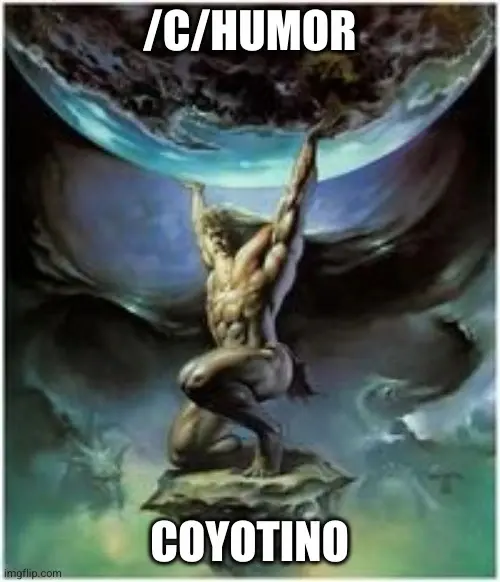You’re either focused on immediate relief or systemic change. You’re either practical or idealistic. You’re either working within the system or fighting against it.
I never encounter this framing from anyone who is actually participating in attempted systemic or targeted changes, only from people arguing for inaction.
I don't think I've ever seen e.g. DSA or the ACLU, both orgs ultimately focused on systemic problems, advocate against solving one-off, in-the-moment, small-scale problems. Likewise, I've never seen a food kitchen argue against expanded food access at a legislative level. I can imagine a hypothetical where a non-profit's staff are selfishly opposed to legislative changes that destroy their org's raison d'etre and thus their jobs, but I don't think that's what the author is talking about here.
If I succeed completely in paying off all lunch debt, will that remove the urgency required to change the system that creates the debt in the first place?
First you'd have to answer the question whether your targeted lunch payoffs are actually resulting in expanded urgency towards systemic, legislative changes in the first place. You can't remove urgency that isn't there. If you are seeing legislative changes, you'd then need to prove (even if just to yourself) that it's happening due to paying off the lunches. Otherwise, there's no reason to suspect not paying the lunches- because there's no more to pay- would affect the legislation.
I'm not trying to be pedantic, I just think it sounds like this person may be creating an issue that isn't there. Maybe they've encountered nay-sayers trying to tell them their targeted actions are pointless and won't change the system in the end, but I guarantee those people aren't the ones trying to make systemic changes either.

Amongst all the boy-crying-wolf cases of people (especially Israel) trying to pass off anti-Zionism as antisemitism, this seems like a pretty clear-cut case of actual antisemitism.
Those are clearly making the argument of why Poles would have reason (with the first quote even leaning towards justification) to participate in the pogrom, while at the same time the others are arguing they didn't participate.
"We didn't take part... but here are some reasons why we would have wanted to... but we definitely didn't! But Jews were totally happy that we weren't a country, for some reason! But that's unrelated to the pogrom, because we didn't do anything to them!"
Hmmm.